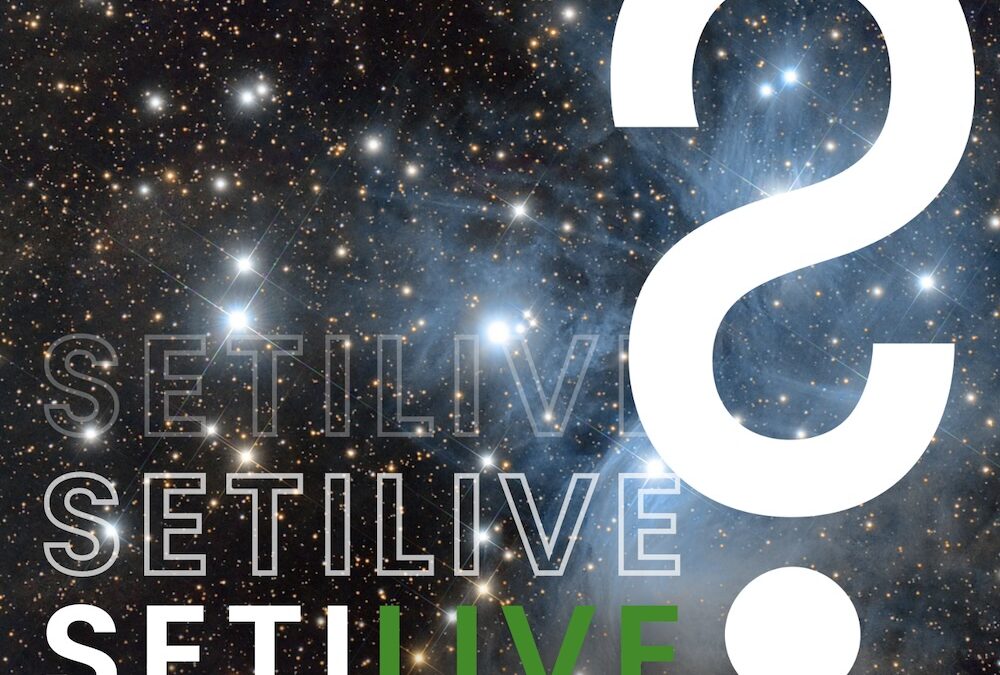How to observe the Perseid meteor shower,Lunar X and Straight Wall, Minor Planets Iris and Psyche plus bright comets.


How to observe the Perseid meteor shower,Lunar X and Straight Wall, Minor Planets Iris and Psyche plus bright comets.

We’re learned about the failed missions to Mars. But the real prize will come when the first human sets foot on Mars

Just how useful are humans in space? What is the death zone radius of a black hole merger? More about staying alive with @CheapAstro at #365DaysOfAstro


June brings us the quote “Parade of Planets”…well, sort of…Listen up as I discuss which planets are visible, which aren’t, and when the Moon will pass by them.

May brings us reliable sights with slow-rolling changes. Mercury, Mars, Saturn, and the Moon all dance in the morning twilight all month as we gear up for Spring and Summer constellations.

Today Travelers in the Night discuss about a meteor streaking across the sky and burns up some 60 miles above us also about the 43 meteoroids struck in 2015

Finally the month of the eclipse! A wonderful experience for North America, the Lyrid Meteor Shower, and lots of planetary action makes April of 2024 one of THE best months in a LONG time.

he Actual Astronomy Podcast presents The Observer’s Calendar for April 2024. In this episode we’ll talk about the possible Nova of T-Corona Borealis, Mars, Saturn and Moon forming a Triangle in the Eastern Sky, the April 8th Solar Eclipse. Chris and Shane also discuss the Comet 12P/Pons-Brooks but since recording both have viewed it in binoculars.

With a first flight on April 19, 2021, NASA’s Ingenuity helicopter broke ground on new capabilities for remote planetary missions. After three years, the mission ended. More about Ingenuity accomplishments on today’s podcast